Activism
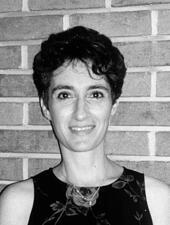
Nina Beth Cardin
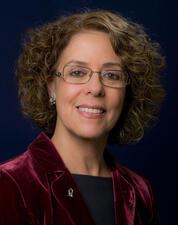
Rivka Carmi
Rivka Carmi is a medical geneticist, neonatologist, pediatrician, the first woman to be appointed president of an Israeli university (Ben-Gurion University of the Negev), and a feminist trailblazer who broke the glass ceiling for women in academia.
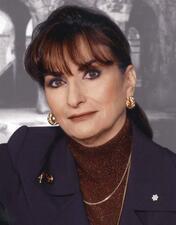
Judy Feld Carr
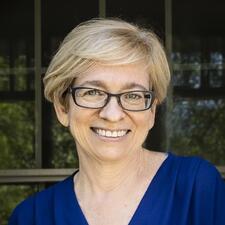
Chai Feldblum
Chai Feldblum is a distinguished lawyer and legal scholar known especially for her work advocating for the rights of disabled and LGBTQIA people. She was the lead drafter of the landmark Americans with Disabilities Act, as well as many other important bills affirming the rights of marginalized Americans. In 2009, President Barack Obama appointed her to the federal Equal Employment Opportunity Commission.

Charlotte Charlaque
Charlotte Charlaque was a transgender trailblazer, actress, and translator in Weimer Berlin and post-Shoah New York City.
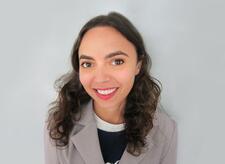
Anya Cherneff
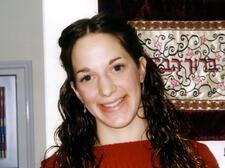
Rebecca Chernin
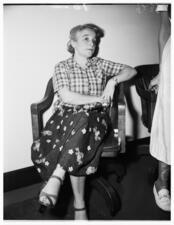
Rose Chernin
Ambivalent about Judaism, passionately Marxist, charismatic, and courageous, Rose Chernin devoted a great deal of her life to securing the rights of disenfranchised citizens: the unemployed of the Depression, farm workers without a union, Black home buyers thwarted by redlining, and other foreign-born leftists, like herself, who faced deportation in the 1950s.

Phyllis Chesler
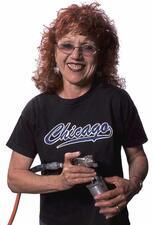
Judy Chicago
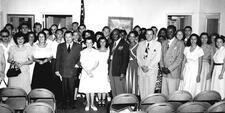
Civil Rights Movement in the United States
As part of the Black-Jewish civil rights alliance and rooted in twentieth-century political, cultural and gender dynamics, Jewish women’s activism took many forms. Jewish women contributed as professionals, through Jewish and women’s organizations, and as foot soldiers in the movement’s nonviolent direct action organizations such as CORE (the Congress of Racial Equality) and SNCC (the Student Nonviolent Coordinating Committee).

Hélène Cixous
Jewish-Algerian-French writer Hélène Cixous published her first book in 1967 and approximately her eighty-seventh in February 2021. This “life writing” comprises poetic fiction and autobiography, literary and feminist theory, art criticism, and theatrical works. Cixous explores the myriad contradictions and consequences of loss and exile, of “being Jewish” and “being a woman.”
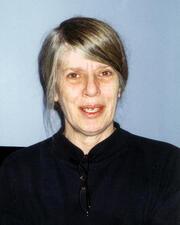
Ruth Clarke
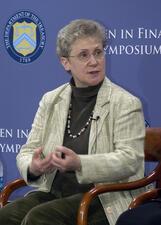
Abby Joseph Cohen
A leading voice in the United States investment banking and finance industry, Abby Joseph Cohen worked in the Goldman Sachs investment research division for over three decades. She rose to prominence in the 1990s with her accurate predictions of a prolonged economic expanding and durable bull market and has remained one of the top names in the investment industry.
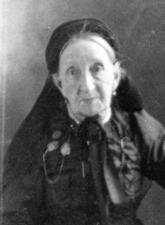
Elizabeth D. A. Cohen
Called a midwife and a “doctoress,” Elizabeth D.A. Cohen fought for the respect of her colleagues. She was the first woman doctor recognized by the state of Louisiana and battled to save patients from two epidemics of yellow fever.
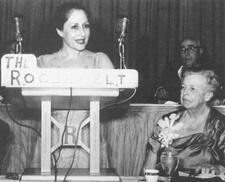
Rosalie Cohen
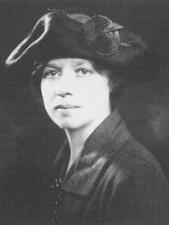
Rose Gollup Cohen
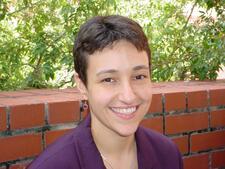
Tamara Cohen
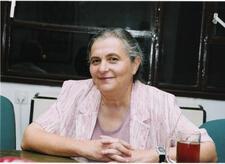
Veronika Cohen
Veronika Wolf Cohen has shaped Israeli minds in two very different ways, by developing national music curricula and by leading innovative Israeli-Palestinian dialogue groups.
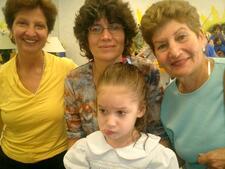
Dianne Cohler-Esses

Fannia M. Cohn
Fannia M. Cohn was one of the leading Jewish women trade union activists in the United States. Drawing on her Russian Jewish cultural traditions, she pioneered the development of educational programs within the International Ladies Garment Workers Union (ILGWU).
Felice Cohn
Felice Cohn was one of Nevada’s first women lawyers in the early twentieth century, an author of suffragist legislation in Nevada, and one of the first women allowed to argue before the United States Supreme Court.
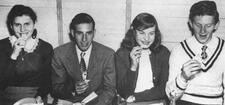
College Students in the United States
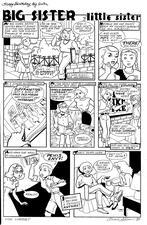
Jewish Women’s Comics and Graphic Narratives
The history of Jewish women’s comics and graphic novels can be traced back to early and mid-20th-century progenitors. With the underground comics scene of the late 1960s/early 1970s, several Jewish women laid the groundwork for the themes, styles, and communal ties that would be taken up by the post-underground. In the 21st century, the works of Jewish women in comics and graphic novels is booming.
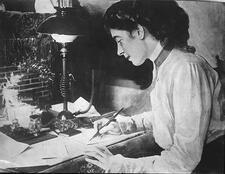
Communism in the United States
From the 1920s into the 1950s, the Communist Party USA was the most dynamic sector of the American left, and Jewish women—especially Yiddish-speaking immigrants and their American-born daughters—were a major force within the party and its affiliated organizations. Their numbers included community organizers, labor activists, students, artists and intellectuals. When the communist movement faded in the 1950s, these women carried radical traditions into new movements for social justice and international cooperation.


